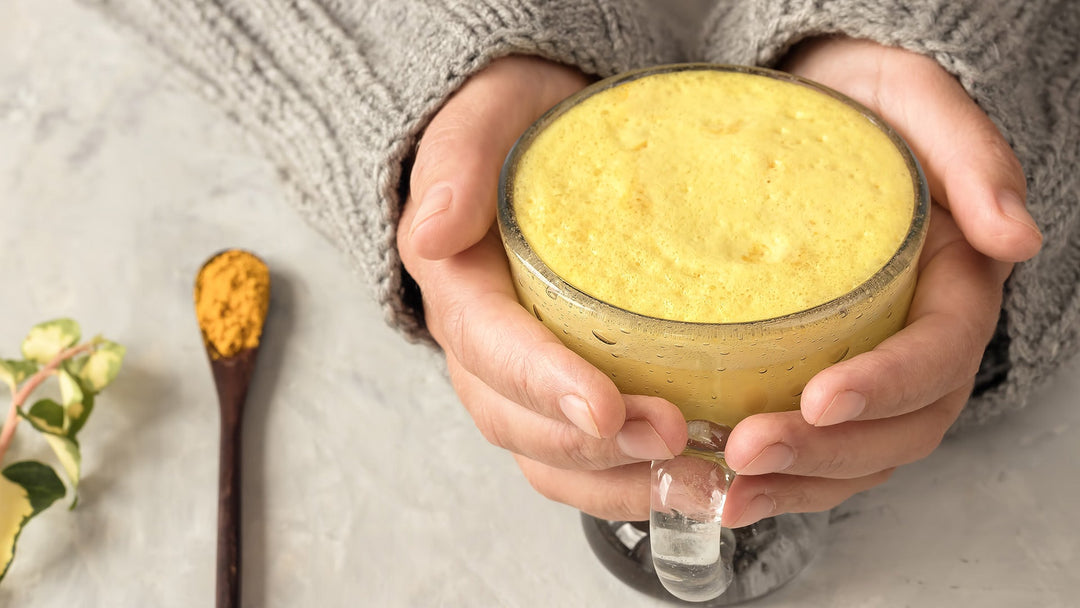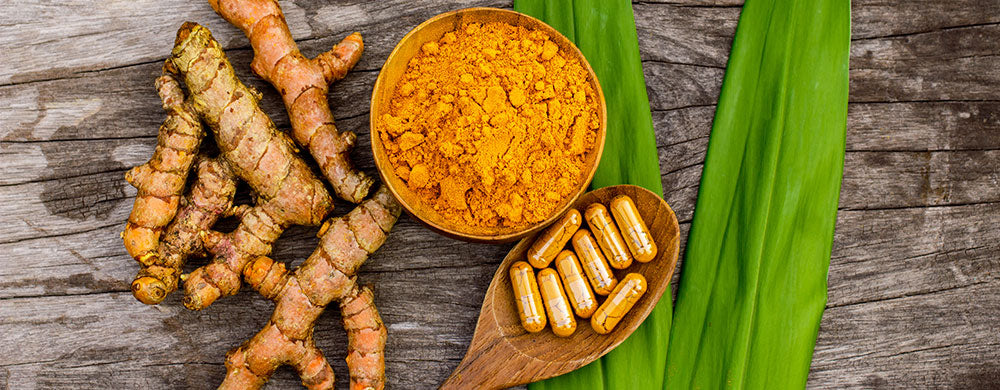The start of school: 5 tips for a successful start

Time flies and your child is already starting school! But all sorts of questions are going around in our heads: Is my child ready for school yet? What should my child be able to do? What can I do to support my child? But don't worry, we have put together 5 tips for a successful start to school.
1. How do I prepare my child for the journey to school?
Safety is paramount! How does your child get to school? The journey to school can be a challenge for many parents. Make sure that you explain the traffic rules to your child beforehand and prepare them to master traffic. We also recommend that you wear eye-catching clothing and an ergonomic school bag.

2. What skills should my child master?
Independence is the key! Tying your own shoes, packing your backpack yourself and taking on small household tasks. All of these points ensure that your child's independence is promoted in advance. By encouraging your child to do these tasks on their own, you strengthen their self-confidence and independence - it is the small successes that are worth their weight in gold!
3. How do I support my child’s social development?
Friendships for life! Starting school is an exciting time of social interactions. Why not organize small group games beforehand and allow your child to get involved in the community - whether by participating in school activities or volunteering in the community. By showing them how to resolve conflicts, show empathy and build positive relationships, you enable your child to develop strong social skills and make long-lasting friendships.
4. How do I improve my child’s language skills?
Communication is worth its weight in gold! Good language skills are of great importance for academic success. Bedtime stories, talking about thoughts and feelings and word games encourage your child's creativity and imagination. By supporting your child's language skills, you help them to actively participate in class, make new friends and express themselves confidently.
5. How do I promote my child’s fine motor skills?
The pen as a magic wand! Abracadabra - you can encourage your child's fine motor skills in a playful way. Start creative craft projects, build a Lego house or paint something together. By stimulating your child's creativity and developing their fine motor skills, you prepare them optimally for the demands of school. There are no limits to creativity!
Ready, set, go!
Good preparation is the key to a successful start. Make sure you organize school supplies in good time, including a school bag, writing utensils and clothing. Also plan a relaxed morning ritual to start the day stress-free. Have you already thought about a colorful school cone at the start of school? By preparing in good time and having a positive attitude, you give your child the best conditions to start school full of anticipation.
Sources:
- (1) Reddy, MC, Dourish, P., & Pratt, W. (2006). The Role of Routines in Collaborative Work in a UK Hospital. Proceedings of the 2006 20th Anniversary Conference on Computer Supported Cooperative Work , 353–362. https://doi.org/10.1145/1180875.1180928.
- (2) Kitsaras G, Goodwin M, Kelly M, Pretty I, Allan J. Perceived Barriers and Facilitators for Bedtime Routines in Families with Young Children. Children (Basel). 2021 Jan 15;8(1):50. doi: 10.3390/children8010050.
- (3) Eisenberg, N., Wolchik, S.A., Hernández, R., & Pasternack, J. (1985). Parental Socialization of Young Children's Play: A Short-Term Longitudinal Study. Child Development, 56 , 1506-1513.
- (4) Slobodskaya, E.R. (2017). The Contribution of Gender, Age, and Reinforcement Sensitivity to the Structure of Personality Traits and Problem Behaviors in Children and Adolescents. psychology. Journal of the Higher School of Economics, 14 , 123-139.
- (5) Hoover-Dempsey, KV, & Sandler, H.M. (1995). Parental Involvement in Children's Education: Why Does it Make a Difference? Teachers College Record: The Voice of Scholarship in Education, 97 , 310 - 331.


